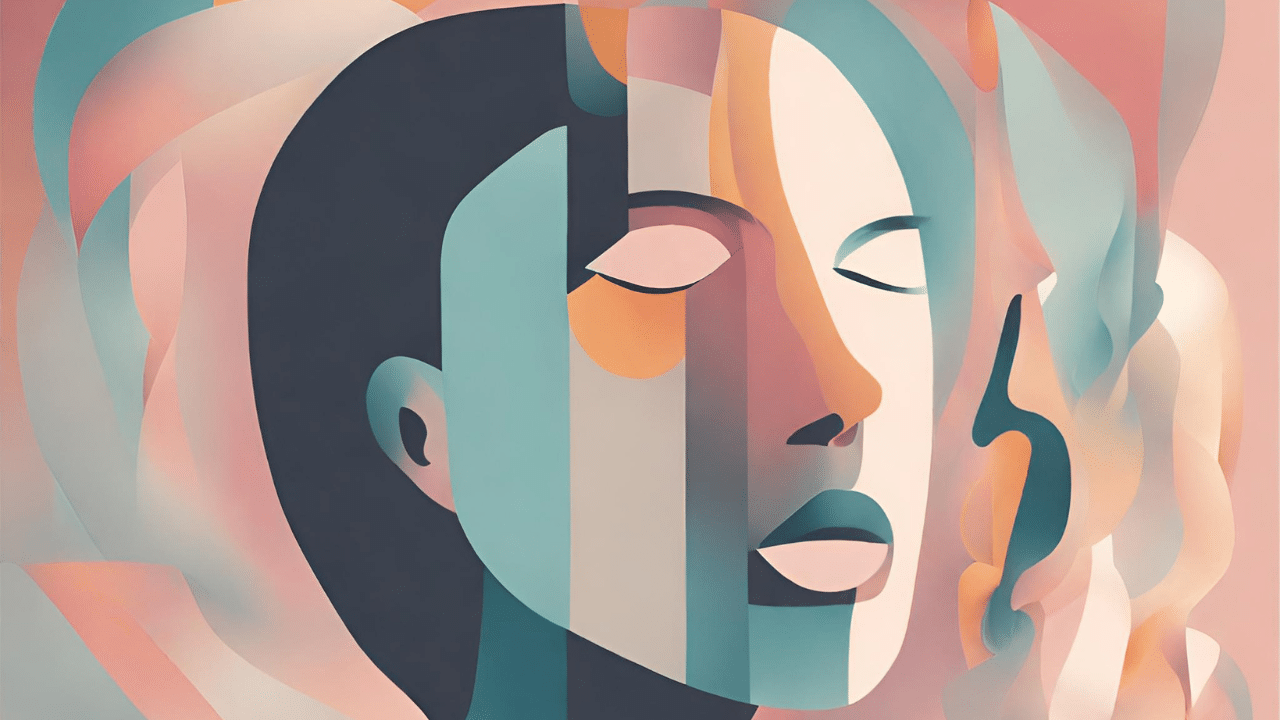
Do you think that your child might have or be developing Attention-Deficit Hyperactivity Disorder? Keep reading to learn about signs, side effects, diagnosis, and treatment options.
What Is ADHD?
ADHD, or Attention-Deficit Hyperactivity Disorder, is a developmental brain disorder that impacts how individuals behave and pay attention. It affects millions of children and often continues into adulthood. In fact, ADHD is the most commonly diagnosed mental disorder in children throughout the United States. It is usually spotted during early school years and is more common among boys than girls. The average age for ADHD diagnosis is about seven years old.
This mental disorder can negatively impact a child’s social relationships, home life, and academic success. To successfully treat ADHD, it’s important to recognize the signs and seek medical advice or attention as soon as possible.
ADHD Signs & Side Effects
The symptoms of ADHD can be difficult to pinpoint and recognize. However, if you specifically look for the following side effects in your child, you might be able to identify a problem.
A child may have Attention-Deficit Hyperactivity Disorder if they…
- Are unable recognize other peoples’ needs
- Have trouble waiting their turn
- Interrupt when others are talking
- Have outbursts of anger or temper tantrums
- Fidget, squirm, or have trouble sitting still
- Have problems playing quietly
- Start tasks but don’t finish them
- Have trouble focusing or paying attention
- Avoid tasks that require more effort
- Have problems following instructions
- Daydream & stare into space
- Cannot keep track of activities & plans
- Forget daily activities & routines
Of course, the side effects above are not proof alone that a child has ADHD. If your child displays the behaviors above, it may be time to start carefully taking the next steps.
Does Your Child Have ADHD?
If you’re worried that your child is displaying multiple ADHD symptoms, you should start by researching the disorder and the treatment options that are available. Then, you should discuss their behaviors with their doctor. You should also talk to their doctor as soon as possible if their behavior gets them in trouble at school. Since this disorder is hard to diagnose, the doctor will follow multiple steps to ensure accuracy.
First, your child’s doctor will talk with you, your child, and your child’s teachers to learn more about their behaviors. Then, they may perform multiple types of tests on your child. Finally, if your child is diagnosed with ADHD, their doctor will create a unique treatment plan for them.
ADHD Treatment Methods
Spotting ADHD in your child early may help them work through it effectively and successfully. While there is no cure to Attention-Deficit Hyperactivity Disorder, there are many ways to manage and maintain this illness. There are many treatment methods to help ease the symptoms of ADHD, and most of the methods work together to produce the best results.
Here are some of the treatment options for children with Attention-Deficit Hyperactivity Disorder:
- Special education programs at school
- Social skills training sessions
- Psychotherapy and one-on-one counseling
- Support groups with other children going through similar struggles
- Behavior modification – learning how to replace bad behaviors with good ones
- ADHD management medications like Adderall, Ritalin, Concerta, Kapvay, etc.
There are also some natural remedies to help treat the symptoms of ADHD. Please talk to your child’s doctor before exploring any of these methods on your own.
Sources
https://www.healthline.com/health/adhd/signs#emotional-turmoil
https://www.mayoclinic.org/diseases-conditions/adhd/symptoms-causes/syc-20350889
Explore this article:
Explore Our Facilities
Drug and alcohol detox and residential treatment for addiction and mental health disorders
Outpatient treatment center for substance use disorder and mental health disorders
Outpatient treatment center for substance use disorder and co-occurring mental health disorders







